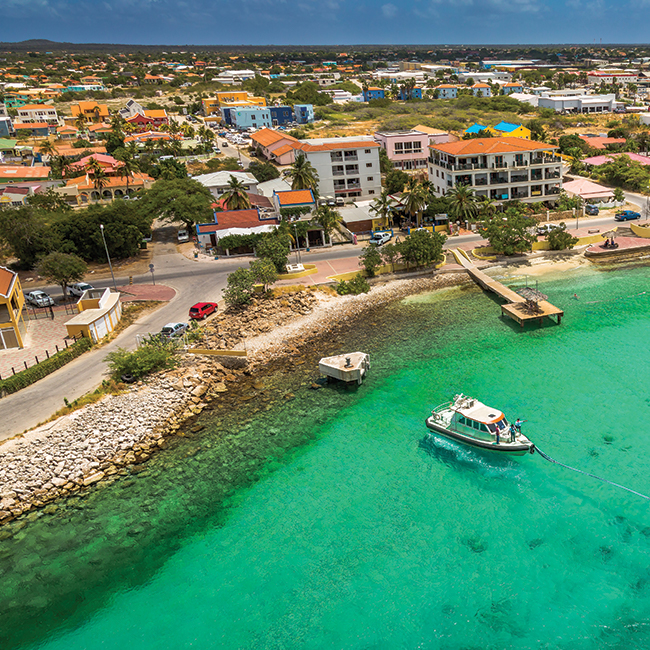Survey of food prices in the Caribbean Netherlands
Ecorys, together with Curconsult, conducted research on the price development of food products on the three islands of the Dutch Caribbean: Bonaire, Saba and St. Eustatius.
The primary focus of the study was to gain insight into the price trends and causes of price increases for 17 commonly used food products, such as rice, flour, fruit, etc. In addition, Ecorys made recommendations to reduce the high prices.
Price trends on the islands
The study shows that food prices on Bonaire increased by about 13% during the period 2010-2016. On Saba and St. Eustatius, food prices increased by 25% and 17% respectively during this period. Prices rose sharply especially in the initial period after the transition; in recent years, prices have declined slightly again. This general picture can also be observed for the surveyed 17 products. Various causes can be identified, ranging from system changes to macroeconomic developments, such as oil prices, global food prices, currency exchange rates and the decline of an important supplying country like Venezuela. For all three islands, the vast majority of products are imported from the U.S. or Europe.
Price structure of products
The survey also provides insight into the price structure of products. This shows that the purchase value and gross margin of the retail sector make up the bulk of the price. From this gross margin, supermarkets have to pay for costs such as rent, wages and electricity. Supermarkets keep about 4% of the final retail price as net profit. Transportation costs and taxes are only a small part of the final selling price. Several products are also exempt from ABB.
Recommendations to reduce high prices.
Based on the findings, the effectiveness of a number of possible measures was considered. Ecorys makes several recommendations, such as reviving a voluntary system of maximum prices on Bonaire and Saba and exploring a voluntary system on St. Eustatius. This can be combined with making prices transparent in the various supermarkets and budget education on the islands to create price awareness. Other recommendations include looking critically at the current implementation of the ABB and continuing to invest in own agricultural production of first foods.

18 February 2019
2 minute read
Key Experts
Michele Delera
Consultant



